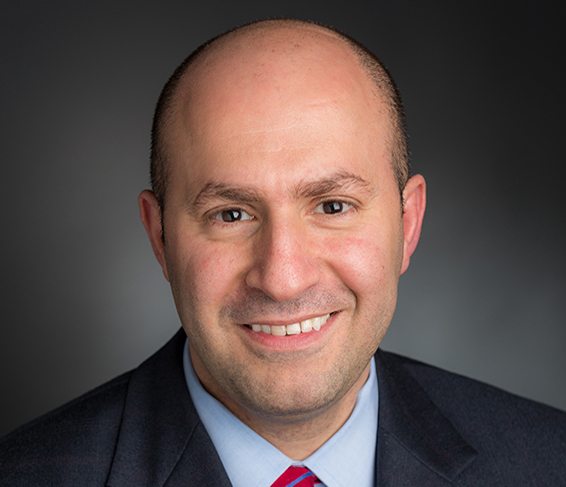FDA’s Nod to Belzutifan Marks a Milestone in Oncology, Paving the Way for Enhanced Therapeutic Approaches
The FDA’s recent approval of belzutifan, a novel HIF-2a inhibitor, marks a significant advancement in the treatment of advanced kidney cancer. This decision stems from the promising outcomes of the LITESPARK-005 trial, which exhibited substantial benefits for patients who previously received immune checkpoint inhibitors and anti-angiogenic therapies. This breakthrough offers a new horizon in kidney cancer management, particularly for those with clear cell renal cell carcinoma (ccRCC), the most prevalent form of kidney cancer.
Key Points
- FDA Approval: Belzutifan, a HIF-2a inhibitor, has been approved by the FDA for treating advanced kidney cancer in patients previously treated with immune checkpoint inhibitors and anti-angiogenic therapies.
- LITESPARK-005 Trial: The FDA’s approval was based on results from this phase 3 trial, led by Dr. Toni K. Choueiri at Dana-Farber Cancer Institute.
- Trial Outcomes: Belzutifan significantly reduced the risk of progression in ccRCC patients by 26% compared to everolimus, with a response rate six times higher.
- Previous FDA Approval: Belzutifan was initially approved for treating VHL disease-associated renal cell carcinoma, a rare kidney cancer form.
- Mechanism of Action: The drug targets overabundance of HIF-2a in cells, which is linked to cancer-driving activity such as cell proliferation and immune evasion.
- Nobel Prize-Linked Discovery: The role of HIF-2a in cancer was a discovery by Dana-Farber’s Dr. William G. Kaelin, Jr., awarded a Nobel Prize in 2019.
- Patient Demographics: The trial included 746 patients with metastatic ccRCC who progressed after treatment with ICIs and anti-angiogenic therapies.
- Study Design: Patients were randomized to receive either belzutifan or everolimus, with the belzutifan group showing a significantly lower progression rate.
- Response Rates: The overall response rate for belzutifan was 22% versus 3.5% for everolimus, with complete responses observed in the belzutifan group.
- Safety Profile: Belzutifan’s safety findings were consistent with previous studies, and patients were less likely to discontinue therapy due to side effects.

“This approval is exciting news for our patients as it gives us a new option for refractory patients with kidney cancer. Belzutifan is an oral drug with a novel mechanism of action that reduced risk of disease progression or death and had favorable quality of life in this patient population, when compared to everolimus.”
– Toni Choueiri, MD, Medical Oncologist, Dana-Farber Cancer Institute
More on Kidney Cancer/RCC
